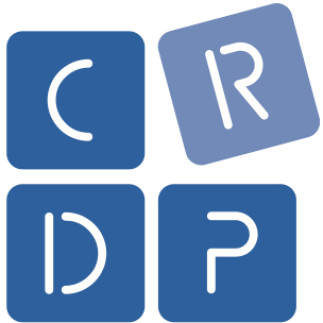Linking the Normative Role of the World Health Organization (WHO) with National Legal Compliance: a Prerequisite for Global Health Leadership
Prof. Catherine Regis from the University of Montreal (Canada) will present her key findings regarding a research project entitled: The Impact of the World Health Organization on Domestic Law: a Canada-France study. This project responds to the often-stated need that more empirical data are required to better understand what kind of impact the normative instruments created by WHO (either binding and non-binding) have at the domestic level. More specifically, this study focuses on the impact the WHO’s normative instruments have had on Canadian and French law (legislation, regulation and case law) over the last decades. Using both quantitative and qualitative approaches, 540 references have been studied from Canadian and French legal databases. The analysis of this data provides insightful information regarding: (1) WHO’s legitimacy according to Canada and France (that is, in what legal areas Canada and France mostly use WHO’s norms for, which norms are mostly cited and in what context, etc.) and (2) the relevance of the distinction between binding and non-binding norms in WHO’s normative strategy. This Canadian-French study will serve as a basis for a broader study that will include more countries.
conférencière : Catherine Régis
 Professeure agrégée, Titulaire de la chaire de recherche du Canada sur la culture collaborative en droit et politiques de la santé,
Professeure agrégée, Titulaire de la chaire de recherche du Canada sur la culture collaborative en droit et politiques de la santé,
Faculté de droit, Université de Montréal
Site chaire : http://www.chairesante.ca
Site Catherine Régis : http://www.catherineregis.ca
The Impact of International Standards in the Canadien Pharmaceutical Law
The marketing of medication is organized today to meet an international demand. The discovery, production and commercialization of pharmaceutical products occur across borders and in a context of globalization. However, it must remain a safe, effective and quality product. For this, international standards emanating from authority external to classical international law attempt to regulate the different phases of the drug’s life cycle. Considered as an alternative source of law, the application of these standards not only helps to harmonize the marketing procedures, they redraw the contours of the applicable pharmaceutical law. This conference will aim to define the context of globalization in which the standards intervene and to raise the question of their normative force.
conférencière : Laurence Largenté
 Coordonnatrice scientifique CRDP, chargée de cours, candidate au doctorat
Coordonnatrice scientifique CRDP, chargée de cours, candidate au doctorat
Faculté de droit de l’Université de Montréal
Site Laurence Largenté : http://laurence.largente.org/a-propos/recherches/
Cette activité ne fait pas l’objet d’une reconnaissance pour la formation continue au Barreau du Québec et à la Chambre des notaires du Québec.
En conséquence, aucune heure de formation continue n’est attribuée à cette activité.

